Tensions are running high in Cameroon after the government announced that opposition leader Issa Tchiroma Bakary will face prosecution over allegations that he incited violent demonstrations following the country’s controversial presidential election held on 12 October.
According to Interior Minister Paul Atanga Nji, Bakary and his “accomplices responsible for an insurrectionary plan” will be charged for allegedly organising what authorities described as illegal protests that have left at least four people dead and several others injured.
President Paul Biya, who has ruled Cameroon since 1982 and is now the world’s oldest sitting head of state at 92, was declared the winner of the election with 53.7% of the vote, securing his eighth consecutive term. The official results, however, have been rejected by Bakary, who insists that he, not Biya, was the legitimate winner.
Bakary’s claims of victory have fuelled widespread protests across several cities, including Douala and Garoua, where demonstrators have mounted barricades, set tyres ablaze, and clashed with security forces. The unrest has drawn global concern, with the United Nations, African Union, and European Union urging all parties to exercise restraint and avoid further bloodshed.
Minister Nji condemned the protests, accusing Bakary of “endangering public order” and “inciting violence” by prematurely declaring himself the winner. He also confirmed that the government would open an official investigation into the deadly clashes that erupted before and after the election results were announced.
“During these attacks, some of the criminals lost their lives,” Nji said, though he did not specify how many protesters had been killed. He added that several members of the security forces were seriously injured during confrontations with demonstrators.
Bakary, a former minister turned opposition figure, has remained defiant despite the government’s threats. He previously stated that he would “not accept a stolen vote” and declared that he was “not afraid of being arrested.” On election result day, Bakary claimed that security forces opened fire on civilians near his home in Garoua, killing at least two people.
The government insists that the situation is now under control, although reports indicate that protests are still ongoing in some regions. Witnesses in Douala described tense scenes on Tuesday as protesters lit fires and blocked major roads, prompting police to disperse the crowds using tear gas and water cannons.
Political analysts say the unrest reflects deep frustration among Cameroonians who have endured over four decades of Biya’s rule, marked by allegations of electoral fraud, corruption, and human rights abuses. Despite widespread dissatisfaction, Biya’s party, the Cameroon People’s Democratic Movement (CPDM), continues to dominate the political landscape.
The unfolding crisis has heightened fears of further instability in the Central African nation, which is already grappling with separatist conflicts in its Anglophone regions and economic hardship worsened by inflation and unemployment.
As Cameroon awaits the outcome of the government’s investigation and the potential trial of Issa Tchiroma Bakary, the country’s fragile peace hangs in the balance. Many citizens are calling for dialogue and reform, but with both sides refusing to back down, the path to political stability remains uncertain.


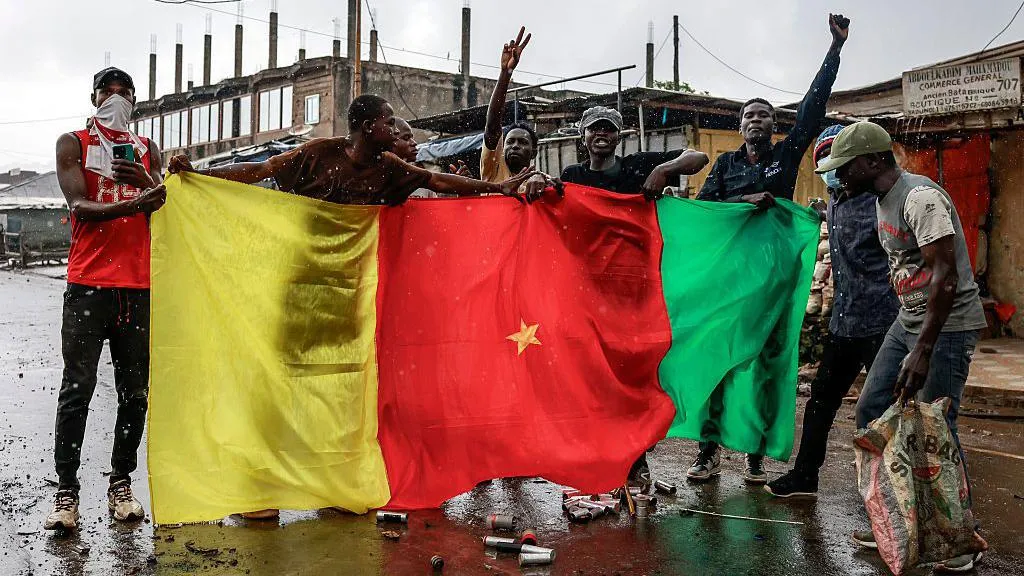
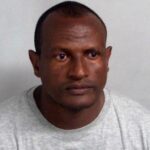
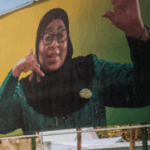
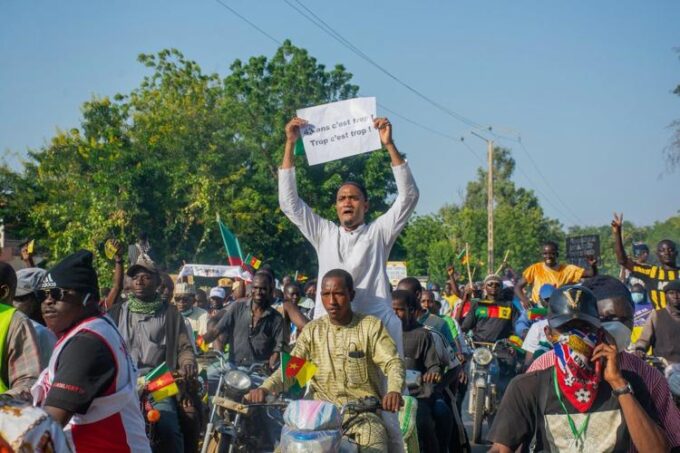
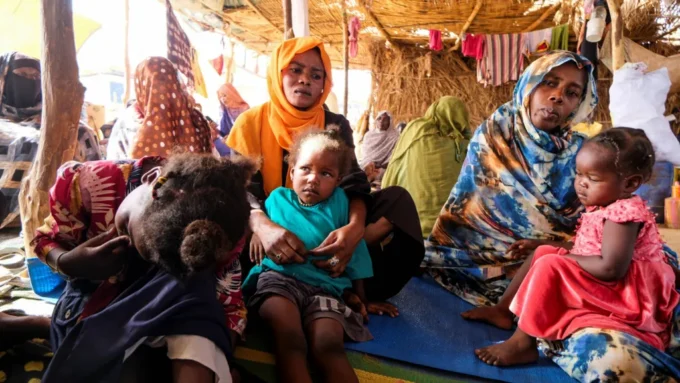
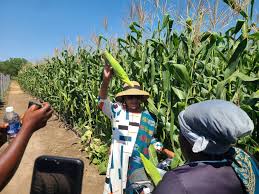
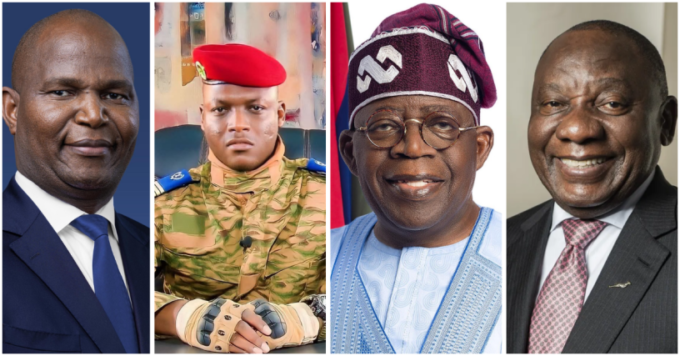
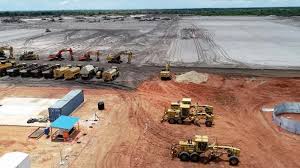
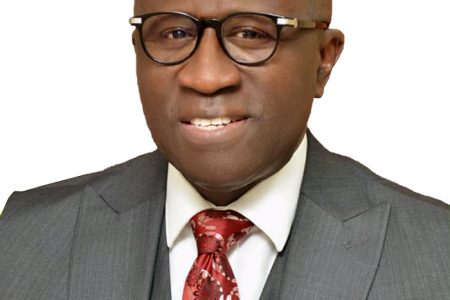
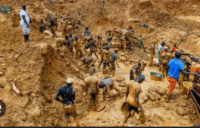
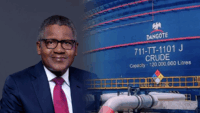
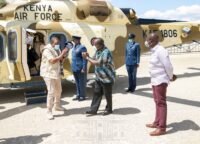
Leave a comment